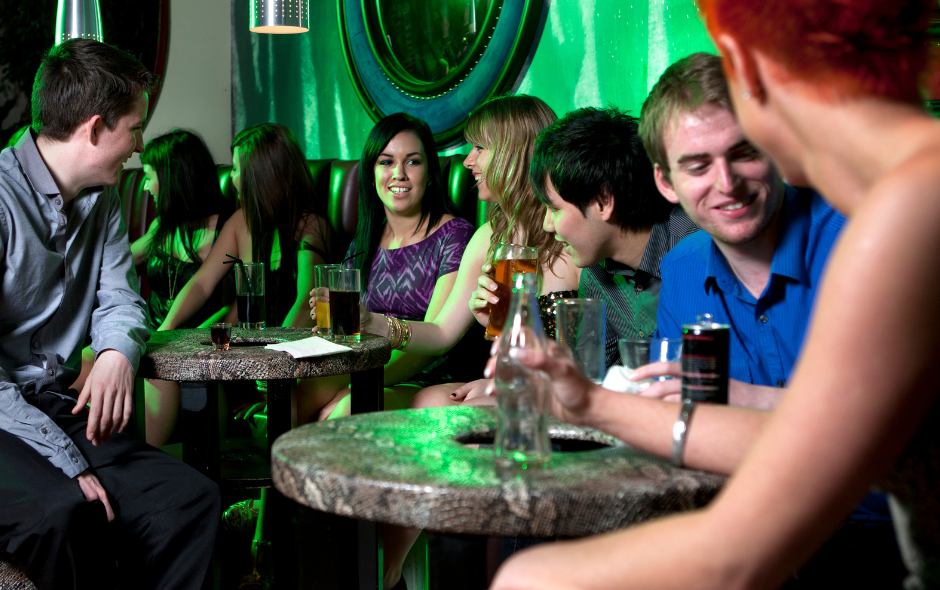The concept of the ‘student experience’ can mean many different things. It can have connotations with studying, learning, exams, and stress, but it can also relate to lifestyle.
Student life is more than studying, and for some students, it is important to recognise the importance of life beyond learning.
Taking breaks from learning
The new environment and new pressures that come with being a student can take their toll and taking breaks from the stresses of college or university is essential in maintaining a healthy, balanced lifestyle.
Whether you are taking a break to exercise, get some fresh air, catch up with family or friends, read a book or watch some TV, you are giving your mind a rest.
Breaks are a helpful way to manage your stress levels. You will have a fresh outlook when you return to your studies.
Maintaining relationships
Our #StudentSeptember campaign encourages all students with epilepsy to reach out for help.
This is not related solely to formal support services, but also includes support from peers, friends, or family.
It can be easy to get wrapped up in your studies, letting your day-to-day relationships slip. It is important to continue to spend time with family, friends and peers during university or college.
Having epilepsy can be very isolating, so it is essential to socialise and take time for things you enjoy.
If you are feeling stressed or overwhelmed by your studies or student life, talking about it can help. Reach out to those you trust.
Student nightlife
Epilepsy can have an impact on the student experience, but this doesn’t mean students with epilepsy cannot maintain a healthy social life.
Socialising is a big part of the student experience, especially in September during freshers when everyone attends student events and nightclubs.
In spaces like these, there are a lot of risks for people with epilepsy and this may put people off going out and enjoying themselves.
Tiredness and alcohol, which are both often associated with student nightlife, are common seizure triggers.
However, this does not mean students with epilepsy cannot go out. There are some steps you can take to help you enjoy the nightlife more safely.
- Always remember to take your anti-seizure medication on time.
- Make sure that you are well-rested, hydrated, and have food in your stomach.
- Drink responsibly.
- If you have photosensitive epilepsy, you can often find information on accessibility and inclusivity on the venue’s website.
- If you are in a nightclub or a bar and are feeling unwell, alert a member of the staff – there should always be trained first aiders in every venue you go to.
It is also important to remember that nightlife and the drinking and partying culture often associated with students is not the only way to have fun.
Going out isn’t for everyone. If you are wanting to meet new people, try checking out some of your college or university’s clubs or societies.
For more information
For more information and advice about being a student with epilepsy, check out our Student Guide.
We also have helpful publications covering things like seizure triggers and emotional wellbeing.
If you have any questions, concerns, or simply want to talk to someone, please contact our freephone helpline on 0808 800 2200.




